By: Shamsi Ali, President of Nusantara Foundation
We know that Ramadan is a month full of goodness and benefits. The various goodness or benefits are summed up in one word “barokah”. That the month of Ramadan is a month of blessing which is interpreted as “azziyadatu fil khaer” (increasing goodness).
Unfortunately, often these blessings or added value are only interpreted in a limited way in the ritual aspect. So that the concern of the majority of the Ummah is focused on various rituals, from fasting itself, tarawih, to dhikr and reading the Quran with the aim of collecting rewards.
The calculations took place. I do the night prayer sincerely. God willing, my sins were blotted out by God a year ago. Or I have finished reading my Al-Quran so many juz with that number of letters. The rewards from my reading are already so.
Also Read: Sadaqah, A Simple Act with Extraordinary Virtues: Dr. Wahyudi KS
The tendency of calculations like this can be wrong and even result in the development of an unethical attitude towards Allah sallallahu ‘alayhi wa sallam. It is true that there is the word “isytara” (a transaction between God and a servant) as a description of a servant’s commitment to obedience to his Lord. But it is not meant as calculations that must occur between the servant and his Lord.
The blessings of Ramadan should be understood in a broader and comprehensive sense. That Ramadan is a month of various rituals whose rewards are multiplied for sure. The reward for the deeds must be multiplied. The sunnahs are judged by the assessment of obligatory deeds. Umrah, for example, in the month of Ramadan is interpreted as a pilgrimage.
If only we understood, this month of Ramadan is indeed terrible. We know that God has favored some times and/or places over others. There are certain times or places that are given priority (fadhilah) over others.
Examples of places that are prioritized for example are the Grand Mosque and Multazam. Likewise the Arafah field on the day of Arafah. Mihrab (where the Imam leads the prayer) is not just any place. But there Allah makes prayer more important and prioritized in acceptance. The closest example is the prayer of the prophet Zakariyah asking for a child in the Mihrab and it was granted at that time. Even though the logic behind Zakariyah AS is no longer possible to have children.
Also Read: The Dynamics of Living in a Muslim Community in the Modern Era
For the preferred time, take as an example the time of dawn. That is 2/3 of the night until before dawn. The virtue of sahur is actually not only because at that time people who will fast enjoy food that is full of blessings (suhoor). But because it is the time of dawn, Allah descends to the heavens of the world (nearest) opening up opportunities for those who pray to be granted and those who ask for forgiveness are forgiven.
Allah confirms the primacy of that time in the Qur’an: “and those who are at the time of dawn make Istighfar”.
Because of all the virtues (blessings) of the Ramadan ritual, many of these people limit themselves. They only seek the virtues (blessings or rewards) of the Ramadan ritual and forget about other virtues that are no less powerful.
One of the blessings of Ramadan is that this month is a month of “muhasabah”. That is the month of calculations in many ways. As Umar once reminded: “do the calculations on yourselves before you are judged (in the hereafter) later”.
Also Read: The Meaning of “Minal Aidin wal Faizin”
One of the important things to always be calculated or calculated is the fact of life that is often misguided and has the wrong destination. Humans often think that the life of the world is long. In fact, he often feels that his comfortable world life will make it seem as if he will live eternally (Al-Lumazah).
In addition to being misguided, humans often have the wrong destination in their life. Humans make this world a destination for life. As a result, all of his life is oriented to fulfill the desires of the world. While the real life (the Hereafter in terms of the Qur’an lahiya al-hayawanu) they neglect.
This situation is described by Surah Ar-Rum: “they know the outer life of this world but regarding the Hereafter they neglect”.
This situation occurs because humans are attached very closely to this world. They overestimate their worldly life (bal tu’tsirunal hayatad world).
Also Read: The Atrocities of Zionist Israel During Ramadan
This is where fasting trains a person to let go of the bonds or confines of his world. By fasting the believer learns to put his world in the appropriate portion and position. Perhaps a beautiful expression about it is: “put this world in your hands and not in your heart”. Or “own the world but don’t own the world”.
By fasting, a believer will reorient the destination of life. From material oriented life to “finally oriented life”. God willing! (T/RE1)
Mi’raj News Agency (MINA)
Also Read: Imaam Yakhsyallah Explains the Interpretation of Quran Surah Asy-Shura Verses 13-15









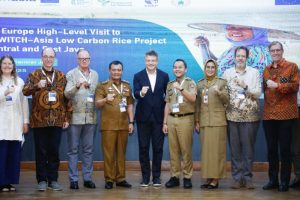
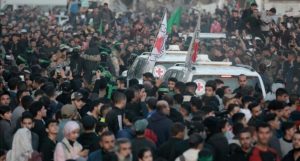
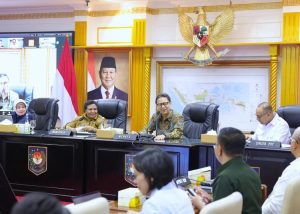
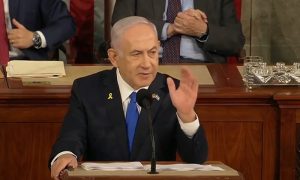

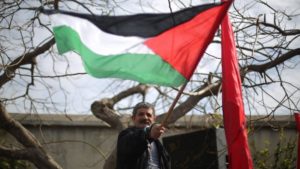

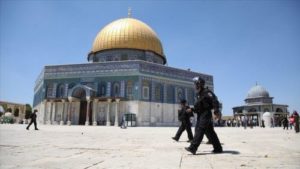
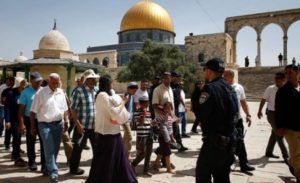

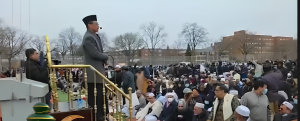
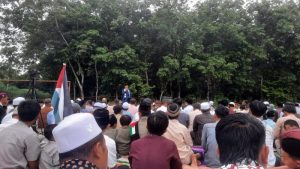
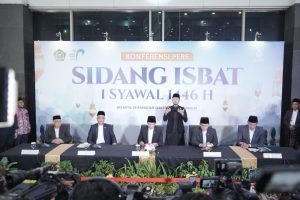






 Mina Indonesia
Mina Indonesia Mina Arabic
Mina Arabic